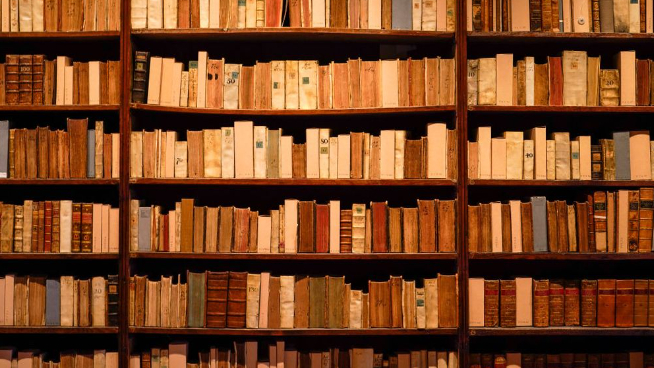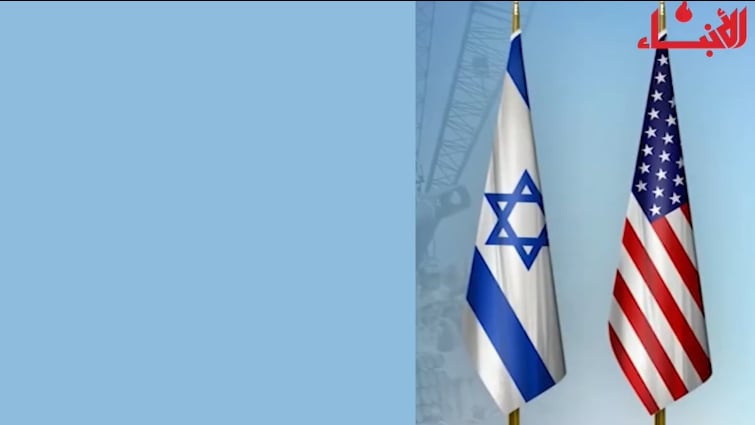By Stephen L. Carter
For the past several years I have been putting together a list of that year’s best nonfiction, with special attention to books that taught me things I didn’t know. This has been an exceptional year for serious books; perhaps being locked down is good for creativity. Never have I had such trouble winnowing my list to 15. Nevertheless, here are my picks, all highly recommended, presented in random order — as usual, no tyranny of the alphabet! — and concluding with my choice for best nonfiction book of the year.
Mary Roach, “Fuzz: When Nature Breaks the Law”
We all understand that we’re not supposed to assault each other, trespass, steal or damage property. But what happens when these rules are disregarded by plants and animals? An enjoyable romp through science, law and human complexity. Just beware of the footnote conveying, um, too much information about how bears survive hibernation.
Alexander Wolff, “Endpapers: A Family Story of Books, War, Escape, and Home”
Trying to understand the history of his family in Berlin, the author is struck painfully by the Lebenslüge — “the self-deception that permits one to carry on” — in which that history has been shrouded. Much of the tale is gloomy, for the shadow of the Holocaust is everywhere. Bibliophiles will be fascinated by details of the old publishing industry.
Olivette Otele, “African Europeans: An Untold History”
This brisk, nuanced synthesis reminds us that there have been Africans in Europe for millennia. Based on the lived experience of her subjects, Otele sides with those who see racism as a late invention to legitimate the slave trade. The sudden attention to race variously affected African Europeans; some of the more educated supported slavery. Otele also notes the existence of powerful institutions — the early church and the Roman Empire, for example — in which skin color was less important than loyalty.
Jan Lucassen, “The Story of Work: A New History of Humankind”
Maybe work hasn’t always been drudgery. I did a column based on this book last month.
Julia Galef, “The Scout Mindset”
Galef argues that we’re too often many soldiers (determined to fight for our beliefs) and too rarely scouts (determined to discover the truth, even if it runs against what we think). Money quote: “A key factor preventing us from being in scout mindset more frequently is our conviction that we’re already in it.” A book fully deserving of the acclaim it’s received.
Cynthia Barnett, “The Sound of the Sea: Seashells and the Fate of the Oceans”
In this astonishing volume, Barnett retells much of the world’s history, both natural and human-made, through the study of seashells.
Jeremy Dauber, “American Comics: A History”
A longstanding interest of mine, but still, I’d never thought about — for instance — the way that World War II boosted the comic book industry, because of the need for cheap, portable reading material at the front; and it was nice to reminded of the role of “underground” comics in the battle against censorship. My only complaint: Insufficient attention paid to the great black cartoonists who helped build the industry. (A gap the reader can easily fill by pairing this book with Ken Quattro’s fine 2020 volume “Invisible Men: The Trailblazing Black Artists of Comic Books.”)
Marie Favereau, “The Horde: How the Mongols Changed the World”
A wonderful book, tough to summarize. Suffice to say that in their politics, administration, family lives and, yes, their warfare, the Mongols were far more complicated than we think.
George Makari, “Of Fear and Strangers: A History of Xenophobia”
Suppose we haven’t always been afraid of the “other”? Rejecting the common explanation that suspicion of strangers is hard-wired, Makari traces it instead to the often violent encounters inherent in, for example, colonialism and immigration. One needn’t share the thesis to be engrossed in this lively romp through psychiatry, biology, literature and history.
Anne Searcy, “Ballet in the Cold War”
Both the Americans and the Soviets imagined that their 1960 dance exchanges would be good propaganda. They were mistaken: “Far from a universal language, ballet is an art form with unique dialects all over the world.” Meaning, the audiences found fault in the other side’s superstars. (Actually published in 2020, but I didn’t read it last year; the volume would surely have made my list if I had.)
Benjamin M. Friedman, “Religion and the Rise of Capitalism”
By religion, Friedman has in mind mainly Protestantism, and American Protestantism in particular, where he finds the roots of many of the assumptions on which modern economics is built. Famous preachers from Jonathan Edwards to Henry Ward Beecher to Carl Henry make guest appearances, but Francis Wayland gets the star turn.
Carole Hooven, “T: The Story of Testosterone, the Hormone That Dominates and Divides Us”
A controversial book, but agree with her or not, Hooven makes her case for the importance of T with a humility, humor and grace not often seen in our cultural battles these days.
Kei Hiruta, “Hannah Arendt and Isaiah Berlin: Freedom, Politics and Humanity”
Arendt and Berlin, both of whom I’ve long read with pleasure, are two of the towering intellectual figures of the 20th century. That they disliked each other isn’t news. Hiruta digs into the reasons: personal, political, possibly gendered, but most of all centered around ideas.
Andrew Sullivan, “Out On a Limb: Selected Writing 1989-2021”
The fading voice of our last remaining major contrarian: a thinker who’s devoted his career to the proposition that even those with whom he agrees can err. Not long ago such voices were admired. It’s nice to view with fresh eyes Sullivan’s lovely 2006 piece about the distinction between fundamentalism and mystery; and if you’ve never read it, I heartily recommend his haunting 2017 essay “America is Not Made for Humans.”
And, finally, the best nonfiction book I read this year:
Maria Tatar, “The Heroine With 1,001 Faces”
Why don’t we speak of the “heroine’s journey”? Tatar argues persuasively that as folk tales and myths travel the generations, female characters are diminished and even erased. The closer we get to the original source, the more prominent the women — and, often, the more chilling the old stories become. (Bluebeard, for example.) Throughout, Tatar avoids polemic and displays a lovely sense of humor; part of her discussion of recent folk tales is titled “Spinsters Seeking Justice.”
That’s my list for 2021, and there are many volumes I’m sorry I had to omit. Happy reading!





